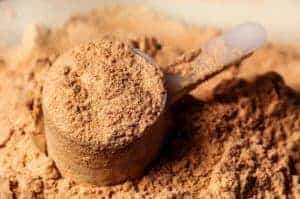TAMU Researcher Studying IVF in Horses
- Topics: Article
Although human in vitro fertilization (IVF) has been successful since the 1970s, similar reproductive technology in horses has lagged behind. Success rates stubbornly hover between zero and 30%, and only two live foals have been born using IVF.
The main problem seems to be with the ability of sperm to penetrate the egg. Ongoing research, much of it at Texas A&M University (TAMU), has led to the ability to successfully mature horse oocytes in vitro (in the laboratory). However, achieving in vitro sperm capacitation—which involves a series of changes that sperm must undergo in order to be able to fertilize an egg—has proved more complicated.
A solution could soon be at hand, though: Leticia Vivani, DVM, MS, a PhD student working jointly in the labs of Katrin Hinrichs, DVM, PhD, Dipl. ACT, and Dickson Varner, DVM, PhD, Dipl. ACT, at the Texas A&M College of Veterinary Medicine & Biomedical Sciences (CVM), is working to understand the reasons behind this problem.
“We are trying to understand the factors that regulate the process of sperm capacitation,” Vivani said. “Of course, this happens perfectly well when we breed a mare, but not when we try to mimic this in vitro. We do not know the reason, but I am almost sure there is something ‘special’ within the mare reproductive tract, something that might not be needed in other species, but that makes stallion sperm undergo all these changes
Create a free account with TheHorse.com to view this content.
TheHorse.com is home to thousands of free articles about horse health care. In order to access some of our exclusive free content, you must be signed into TheHorse.com.
Start your free account today!
Already have an account?
and continue reading.
Related Articles
Stay on top of the most recent Horse Health news with


















